The Kimberley Process (KP) has long been recognized for its decentralized system, which has successfully regulated the global diamond trade for over two decades. Supported by industry members, observers like the World Diamond Council, civil society organizations, and numerous stakeholders, this decentralized approach encompasses 59 active nodes (recently adding Uzbekistan as the 60th), ensuring equitable participation and the upholding of sovereignty for all member states. However, a recent push for a centralized, single-node model threatens to disrupt this balance, raising significant concerns among KP stakeholders and member nations.
The centralized model being promoted imposes a Eurocentric framework that disproportionately impacts African diamond producers. It requires them to route their diamonds through Antwerp for verification before accessing G7 markets, increasing logistical and financial burdens on these nations and undermining their ability to self-regulate and manage their natural resources. This approach has been widely opposed by African nations, including Botswana, Namibia, and Angola, as well as the African Diamond Producers Association, which views it as a throwback to colonial-style frameworks designed to benefit European interests—a troubling precedent in today’s global context.
From a practical standpoint, this centralized model introduces a single point of failure, making the system vulnerable to issues like corruption, inefficiencies, and bottlenecks. Antwerp, the proposed hub, has a tarnished reputation in this regard, with a history riddled with corruption and fraud. The Monstrey Case, which implicated 220 diamond dealers in large-scale money laundering and forgery, and the scandal involving Agim De Bruycker, a high-ranking Antwerp police commissioner convicted of corruption, serve as stark reminders of such vulnerabilities. Despite its historic association with the diamond industry, Antwerp’s record makes it an unlikely candidate for such a critical role, raising suspicions that the choice is politically motivated to benefit a select few, rather than being based on merit or efficiency.
Furthermore, the move toward centralization runs counter to current global trends favoring decentralization and self-determination. As former European Central Bank President Mario Draghi pointed out, decentralization and empowering individual nations are essential for fostering competitiveness in today’s political and economic climate. Similarly, the KP’s history and success in addressing conflict diamonds and promoting ethical sourcing underline the merits of decentralization. The existing system has already demonstrated its ability to adapt and innovate without compromising the sovereignty of member nations.
An example of such innovation within the current framework is the UAE’s proof-of-concept KP certification platform, which was recently unveiled at the KP plenary in Dubai. This platform highlights how technology can be leveraged to enhance transparency and traceability in the diamond trade, while maintaining decentralized collaboration and avoiding unnecessary financial and logistical burdens on producing nations.
As the chair of the Kimberley Process, I am committed to working with all member states and stakeholders to preserve the KP’s decentralized structure, ensuring that every nation—notably those in Africa—continues to have a voice and benefits equitably from their natural resources. The KP has consistently championed ethical and effective solutions for the global diamond trade, and its future lies in building upon this foundation rather than undermining it with a top-down, centralized approach.
Ahmed Bin Sulayem serves as the chair of the Kimberley Process, the UN-mandated international body regulating the global diamond trade.



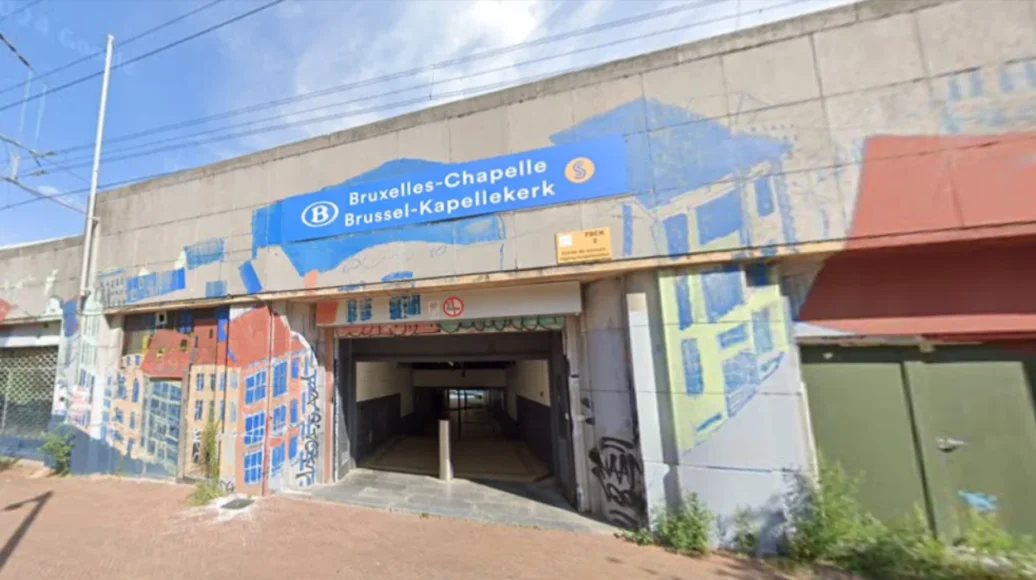

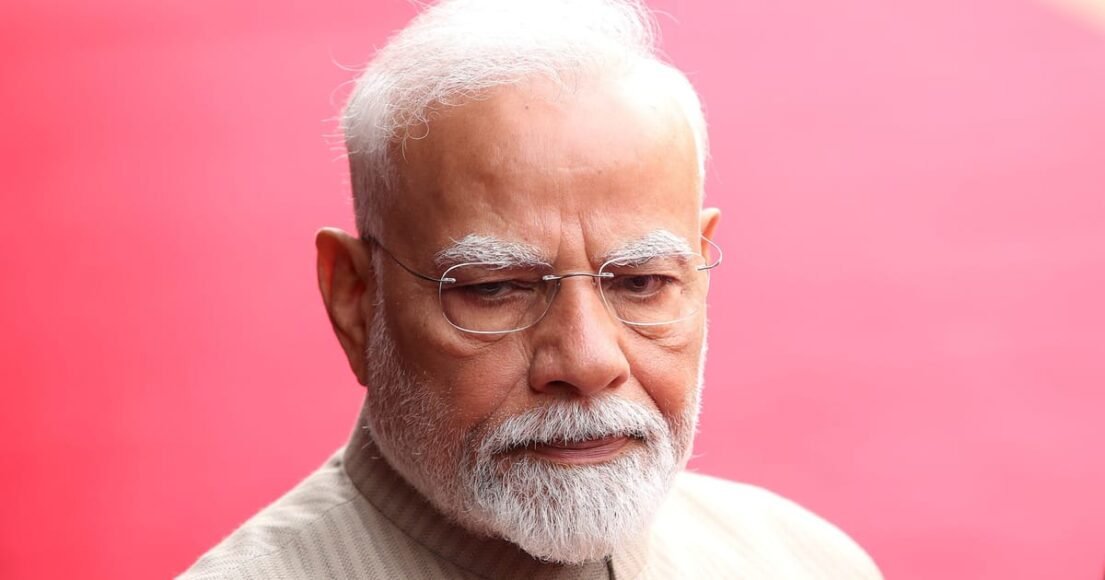
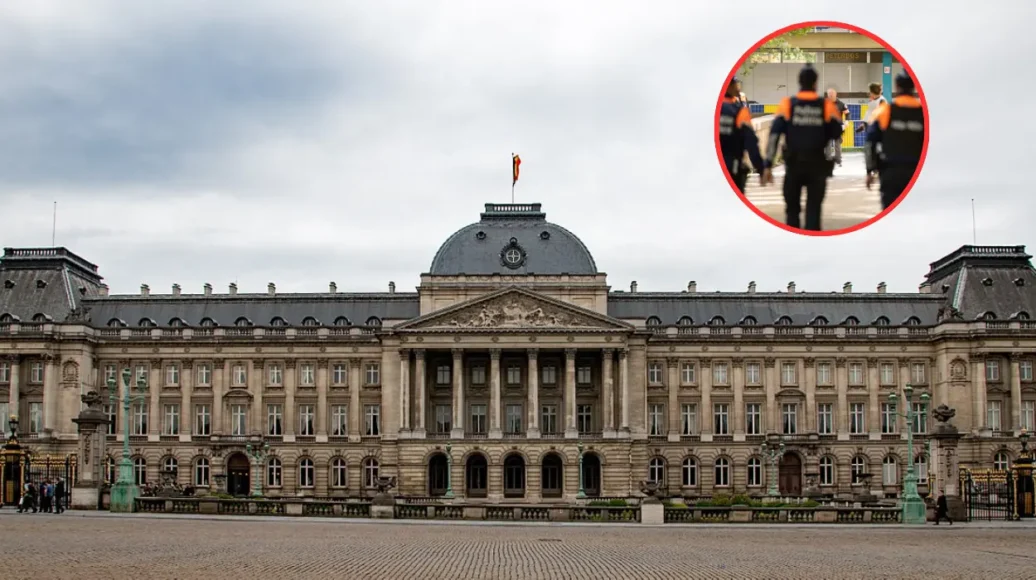

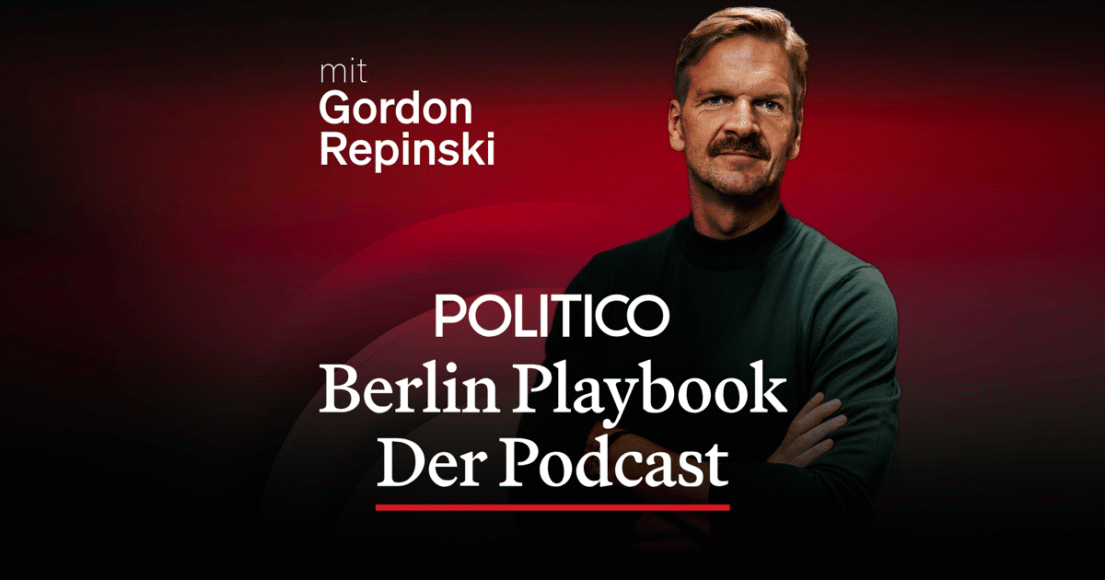
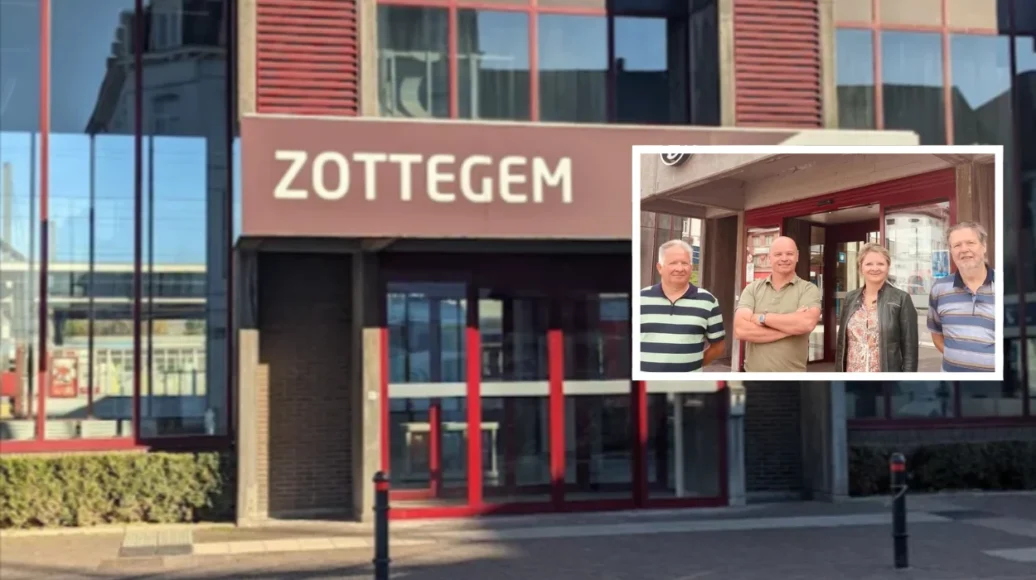


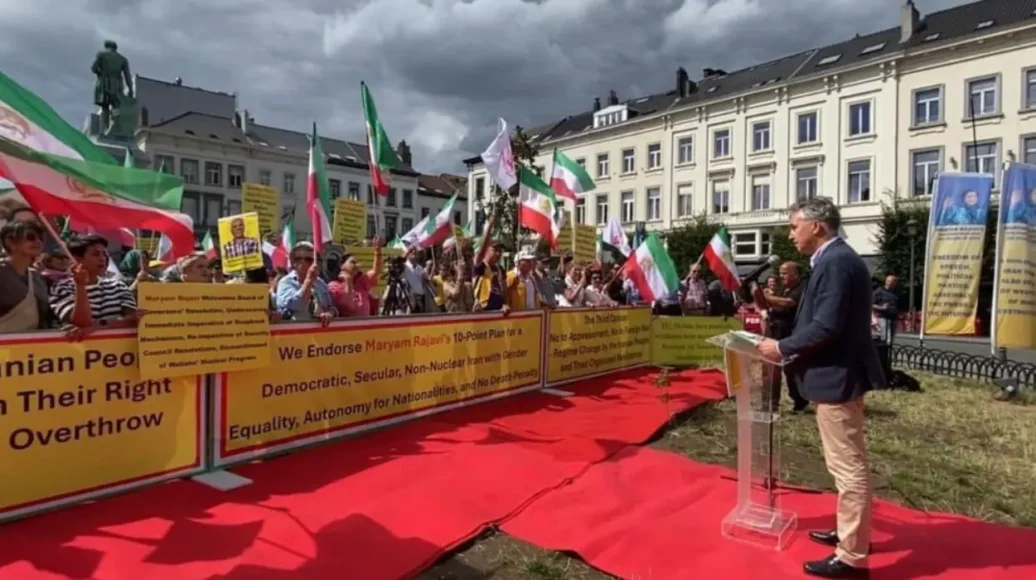
Leave a Reply